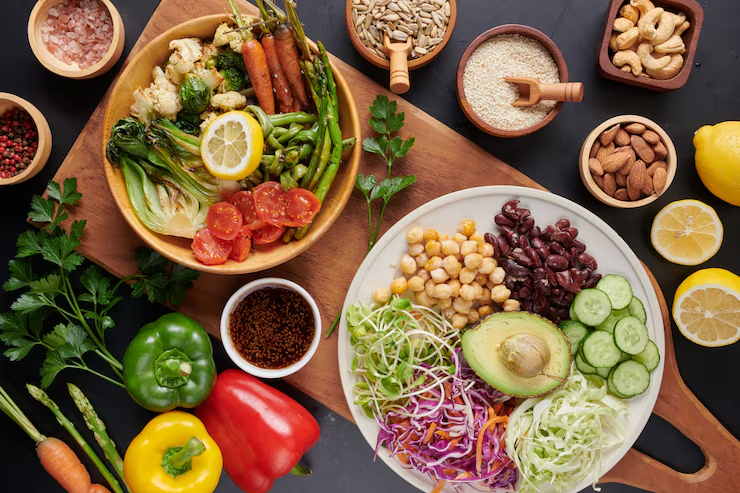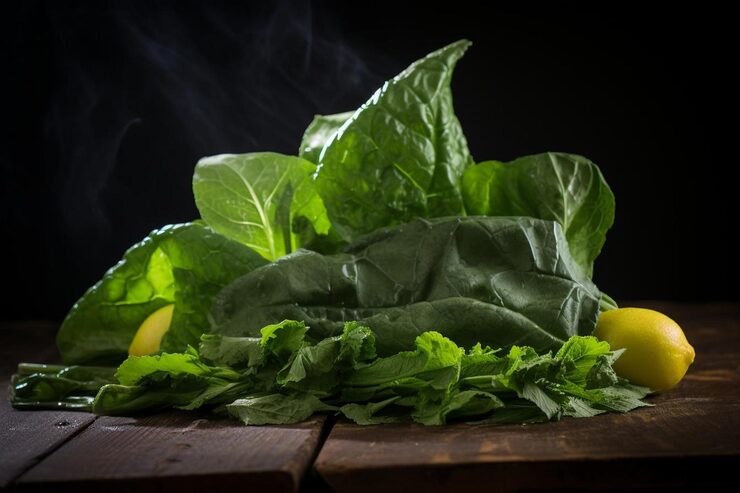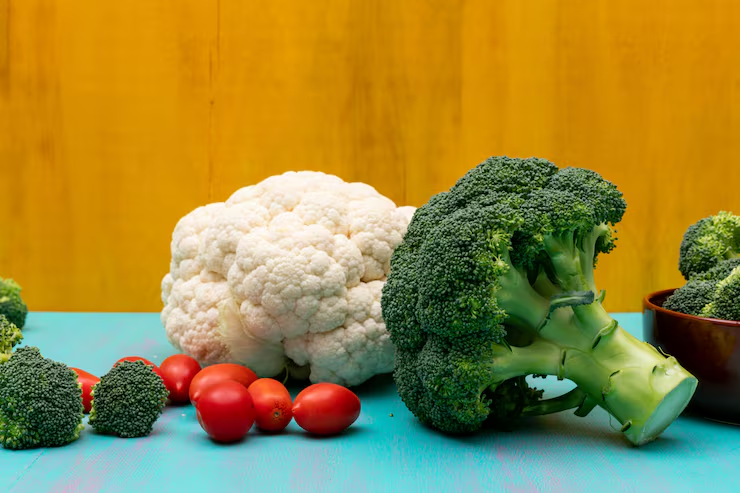16 Food that can prevent cancer

Let's be clear from the beginning, there is no conclusive evidence that a certain type of food can prevent cancer or lower the chances of having it. That's why the title of this article is "Food that CAN prevent cancer", not "Food that WILL prevent cancer".
What you eat affects your health, including the risk of developing chronic diseases such as cancer, blood pressure, or diabetes.
A number of studies and experiments were run through the last 50 years with mixed results. But experts agree that healthy lifestyle choices can affect the chances of getting cancer. The general guideline is that at least two-thirds of your meals must be plant-based foods and the rest animal protein.
Several studies also show that a greater intake of certain foods could be associated with a lower risk of the disease. In this article, we explore food that will improve your health and possibly lower the chances of developing cancer.
Antioxidants and fiber will be a recurring theme on our list of cancer-preventing food, because antioxidants can fight the development of cancer by eliminating free radicals before they damage the body, while fiber is very good for the digestive system especially the colon.
-
Berries

Especially strawberries, blueberries, and raspberries. Berries in general contain a high percentage of anthocyanins, which has antioxidant properties that may be associated with a reduced risk of cancer. In many clinical studies, berries were able to slow down the growth of harmful mutant cells. Strawberries and raspberries in particular contain a phytochemical called ellagic acid, which is a powerful antioxidant.
-
Citrus Fruits

As in oranges, lemons, limes, grapefruits, mandarins, and pomelos. They contain the naturally occurring folate, which is the main ingredient of folic acid. In several studies, folate has proven to reduce cell mutations and decrease the risk of certain types of cancer, especially of the pancreas, stomach, digestive tract, and upper respiratory tract.
-
Turmeric

The famous Indian spice is well known for its healing power, health-promoting, and anti-inflammatory properties. Turmeric is made of Curcumin, which is believed to be a potential cancer preventer.
-
Leafy Green Vegetables

Leafy green vegetables such as spinach, romaine lettuce, chicory, and chard have an abundance of fiber, folate, and carotenoids, all of which have excellent anti-inflammatory and antioxidant properties. Those vegetables have proved to be connected to delayed growth of tumor cells in laboratory-based studies.
-
Cruciferous Vegetables

Such as broccoli, cabbage, kale, brussels sprouts, bok choy, and cauliflower. Cruciferous vegetable diets have been associated with a lower risk of cancer in many studies. Broccoli, for example, contains sulforaphane, which in many studies proved to kill tumor cells and reduce tumor size in animal studies.
-
Carrots

Carrots are rich in beta-carotene, an antioxidant that the body converts into vitamin A. They may help protect cells from damage and mutation that lead to cancer, particularly in the lungs, the stomach, and prostate as demonstrated in some studies.
-
Legumes

Legumes in general – beans in particular – are high in fiber, which may help defend against colorectal cancer. Studies suggest that a high intake of beans could reduce the risk of colorectal tumors and colon cancer. In the lab, beans slowed tumor growth and prevented them from damaging neighboring cells.
-
Cinnamon

Cinnamon contains powerful antioxidants, such as cinnamaldehyde and polyphenols, which help reduce inflammation and protect cells from oxidative damage linked to cancer development. Several studies concluded that cinnamon has anticancer properties and may help inhibit the growth and spread of tumors.
-
Nuts

Some studies suggest that an increased intake of nuts may decrease the risk of cancer. Research suggests that some specific types, such as Brazil nuts and walnuts, may be linked to a lower risk of cancer.
-
Olive Oil

Olive oil, especially extra virgin olive oil, is well known for having abundant health benefits – preventing cancer is one of them. Olive oil is rich in healthy monounsaturated fats and antioxidants like polyphenols and vitamin E. Laboratory studies suggest that these compounds can reduce inflammation and slow the growth of cancer cells.
-
Flaxseed

Flaxseed is high in fiber, which as mentioned earlier is super healthy for the digestive tract and colon. Several studies demonstrated their effectiveness in slowing the growth of breast and prostate cancer.
-
Tomatoes

Tomatoes are rich in Lycopene, a powerful antioxidant that can help protect cells from damage caused by free radicals. This is also true for other tomato-based products like tomato sauce, tomato paste, and ketchup if prepared fresh. Remember that you must steer away from anything processed.
-
Garlic

Garlic is a natural, ancient remedy that has been used as an elixir since the dawn of humanity. Garlic contains allicin, which managed to eliminate cancer cells in test-tube studies. Experts suggest that including garlic in your meals can lead to decreased risks of several types of cancers.
-
Fish

Fish contain vitamin D and omega-3 fatty acids, two nutrients that are believed to protect against cancer. The ones that top the list are Salmon, Mackerel, Sardines, Herring, Anchovies, Trout, and Tuna.
-
Asparagus

Asparagus is rich in vitamins A, C, E, and K, as well as folate and antioxidants like glutathione. These nutrients help protect cells from damage caused by free radicals, which can lead to cancer. Folate in asparagus is especially important for DNA repair and cell growth, reducing the risk of mutations. Studies suggest that the antioxidants in asparagus may also support the immune system and reduce inflammation, contributing to cancer prevention when included in a balanced diet.
-
Green Tea

Green tea is rich in antioxidants called catechins, especially epigallocatechin gallate (EGCG), which help protect cells from damage and reduce inflammation. Laboratory studies show that these compounds may slow the growth of cancer cells and prevent tumors from forming. Regular consumption of green tea has been linked to a lower risk of certain cancers, such as breast, prostate, and colorectal cancer, making it a beneficial part of a cancer-preventive diet.

























